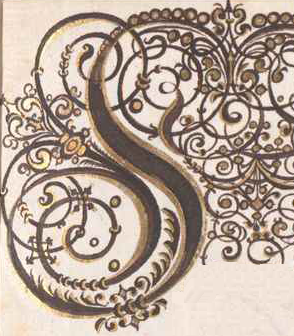Ensemble Biography
The Scroll Ensemble was founded by James Hewitt (violin) and Robert de Bree (recorders & oboes). Read more about other ensemble members through the drop down menu.
In the past improvisation was just as important in classical music as it is in Jazz nowadays. Beethoven, Bach and Paganini were all improvising stars. The Scroll Ensemble brings back this lost art, always trying to push boundaries further by improvising as an ensemble.
The audience is involved by, for example, offering themes, singing and participating in interactive improvisations. Musicians and audience become playful again and the audience experiences the music more personally: they took part in its creation!
In their programmes they combine playfulness with research. For example in their programme “Inventions”, where the road to learning how to improvise an invention is playfully illuminated with audience interaction. In “Game of Themes” the ensemble members compete with each other, the audience giving them instructions inspired by improvisation theatre. In “The Local” song texts and origin stories of once famous English ‘baroque standards’ are turned into a ‘pub theatre’ performance. Find out more about our programmes.
In 2015 they were finalists in the York Early Music International Artist Competition. They performed for Queen Beatrix (2008), in the Thüringer Bachwochen (2018), in the cinema film “Michiel de Ruyter” (2015), in Concertgebouw Amsterdam and collaborated with such diverse artists as Patrick Ayrton, Guus Jansen, Christina Pluhar (L’Arpeggiata), Luciana Mancini, Thomas Boysen and Bert Mooiman.
They are immensely grateful to the Festival de Musique Improvisée de Lausanne, for awarding them the Gaël Liardon Scholarship in 2020, so they can devote more time to their love for sharing and learning improvisation.
Artistic leaders Robert and James have been sharing this love for years by teaching early music improvisation at the Conservatory of The Hague and have taught all over the world, such as at Texas University in Austin, at Liszt Academy in Budapest and in several music academies and festivals in Poland, Germany, Brazil, The Netherlands and Mexico.
They believe improvisation can be used to learn classical music as a lingua franca, both for professionals, students and amateur musicians. Thus they also organise jam sessions for all levels, beginner workshops and in 2020 they started their own YouTube channel. There they aim to inspire the rest of the world to start improvising with classical music, featuring the history and concepts of classical improvisation, accessible improvisation tutorials for different levels (starting from only using open strings, or even only one note), interviews, their own improvisations and much more.
